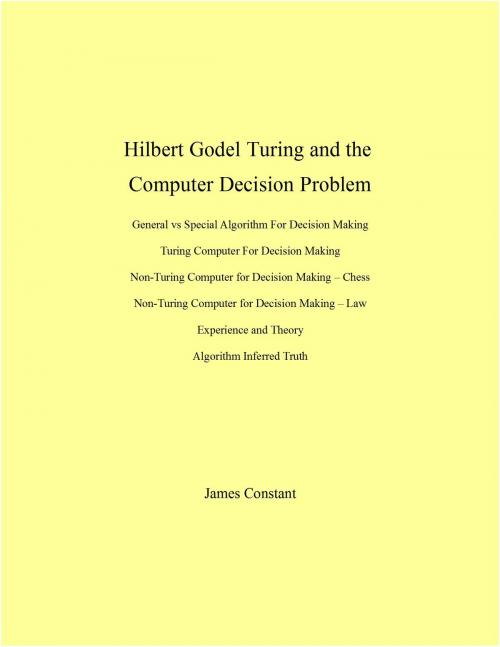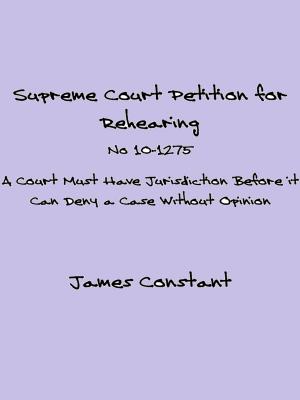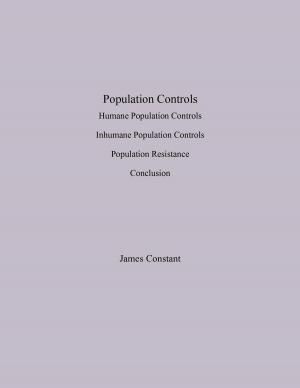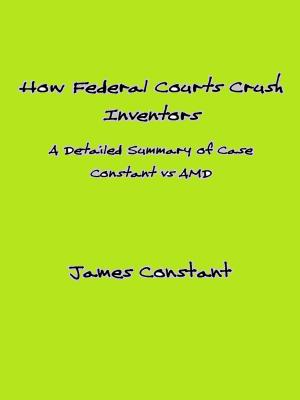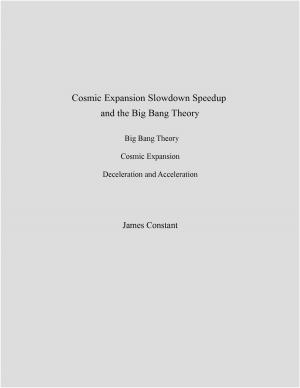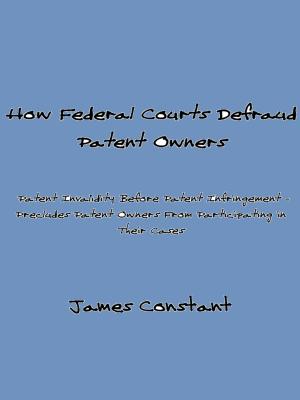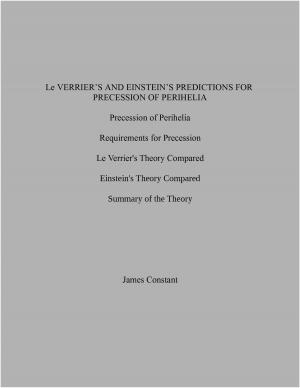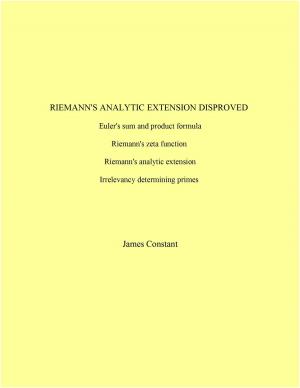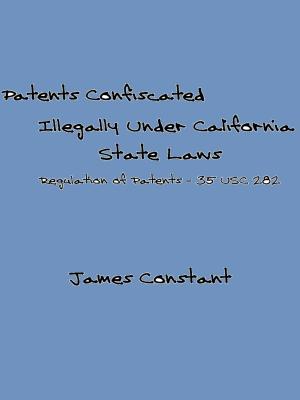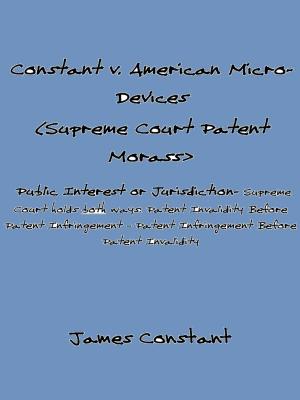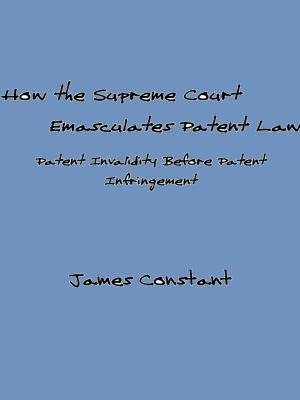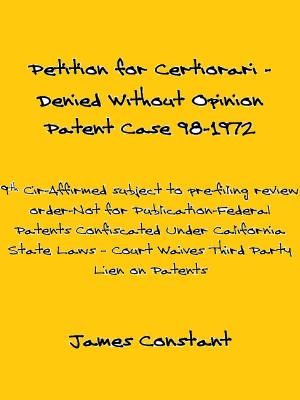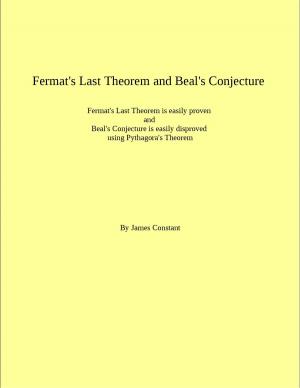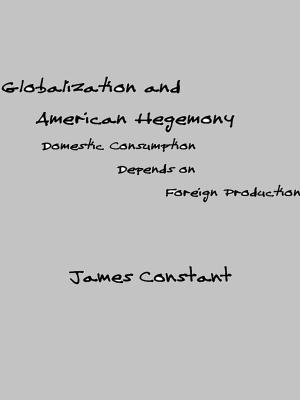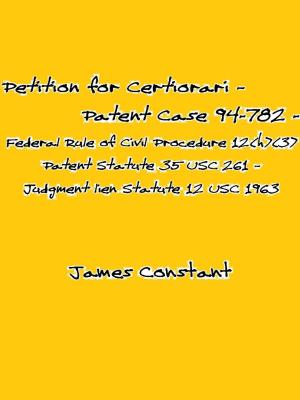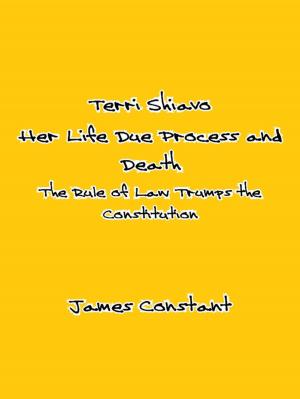Hilbert Godel Turing and the Computer Decision Problem
Nonfiction, Computers, Advanced Computing, Computer Science, Programming| Author: | James Constant | ISBN: | 9780463782866 |
| Publisher: | James Constant | Publication: | December 3, 2018 |
| Imprint: | Smashwords Edition | Language: | English |
| Author: | James Constant |
| ISBN: | 9780463782866 |
| Publisher: | James Constant |
| Publication: | December 3, 2018 |
| Imprint: | Smashwords Edition |
| Language: | English |
Is there a procedure or algorithm that can decide whether statements, mathematical or non-mathematical, are true or false, win or draw? The broader decision problem can be stated as follows: Even though a mathematical or non-mathematical statement is undecidable in general, it may be possible to find a special algorithm that makes a computer model stop or checkmate. A computer model stops when a true or false decision is made. A computer model game ends when a checkmate win or draw occurs.
Philosophically, no procedure can decide whether statements in science, reason, and faith are true or false, win or draw. While it is theoretically possible to find exceptions to this rule, such exceptions are not possible absent confirmation and/or with less than perfect artifacts, computers and software, and less than perfect man-skills. True and false statements abound in science, less so in reason and non in faith.[10]
Is there a procedure or algorithm that can decide whether statements, mathematical or non-mathematical, are true or false, win or draw? The broader decision problem can be stated as follows: Even though a mathematical or non-mathematical statement is undecidable in general, it may be possible to find a special algorithm that makes a computer model stop or checkmate. A computer model stops when a true or false decision is made. A computer model game ends when a checkmate win or draw occurs.
Philosophically, no procedure can decide whether statements in science, reason, and faith are true or false, win or draw. While it is theoretically possible to find exceptions to this rule, such exceptions are not possible absent confirmation and/or with less than perfect artifacts, computers and software, and less than perfect man-skills. True and false statements abound in science, less so in reason and non in faith.[10]
